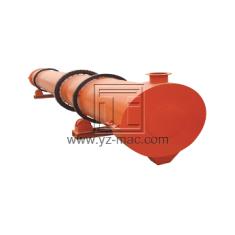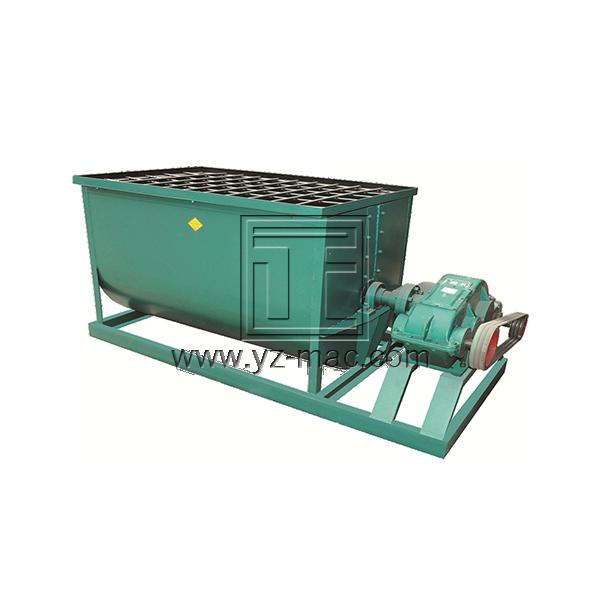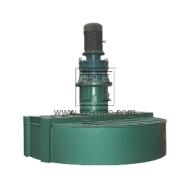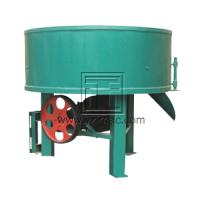Manure making machine
A manure making machine, also known as a manure processing machine or manure fertilizer machine, is a specialized equipment designed to efficiently convert organic waste materials, such as animal manure, into nutrient-rich compost or organic fertilizer.
Benefits of a Manure Making Machine:
Waste Management: A manure making machine plays a crucial role in effective waste management on farms or livestock facilities. It allows for the proper handling and treatment of animal manure, reducing potential environmental pollution and odors associated with untreated manure.
Nutrient Recycling: Manure contains valuable nutrients, such as nitrogen, phosphorus, and potassium, which are essential for plant growth. By converting manure into compost or organic fertilizer, a manure making machine facilitates the recycling of these nutrients back into the soil, promoting sustainable and efficient nutrient management.
Pathogen Elimination: The process of manure conversion through a manure making machine includes controlled composting or fermentation, which helps eliminate harmful pathogens present in raw manure. This ensures the production of safe and sanitary compost or fertilizer for agricultural use.
Soil Improvement: The application of compost or organic fertilizer produced by a manure making machine enriches the soil with organic matter, improving soil structure, water retention, and nutrient availability. This enhances overall soil health, leading to improved plant growth, crop yield, and long-term sustainability.
Working Principle of a Manure Making Machine:
A manure making machine utilizes a combination of mechanical, biological, and chemical processes to transform manure into compost or organic fertilizer. The machine typically consists of a shredding or crushing mechanism, mixing or fermentation chambers, and a control system to monitor and adjust temperature, moisture, and airflow. The process involves shredding or grinding the manure to break it down into smaller particles, followed by controlled composting or fermentation to facilitate decomposition and nutrient conversion.
Applications of Manure Making Machines:
Agriculture and Crop Production: Manure making machines are widely used in agriculture and crop production systems. They convert animal manure into nutrient-rich compost or organic fertilizer, which can be applied to fields, gardens, or orchards to improve soil fertility, enhance crop productivity, and reduce the need for chemical fertilizers.
Organic Farming: Manure making machines are essential tools for organic farming operations. They enable farmers to manage and utilize animal manure in compliance with organic standards, fostering sustainable agricultural practices and minimizing reliance on synthetic inputs.
Horticulture and Landscaping: Manure-based compost or organic fertilizer produced by manure making machines finds applications in horticulture, landscaping, and gardening. It enriches potting soils, enhances nutrient availability for plants, and promotes healthy growth of flowers, vegetables, and ornamental plants.
Environmental Conservation: By converting manure into compost or organic fertilizer, manure making machines contribute to environmental conservation efforts. They reduce the release of greenhouse gases, prevent nutrient runoff into water bodies, and minimize odor nuisances associated with untreated manure.
A manure making machine is a valuable asset for farms, livestock facilities, and agricultural operations seeking efficient waste management and sustainable nutrient recycling. These machines provide numerous benefits, including waste reduction, nutrient recycling, pathogen elimination, and soil improvement. Through their advanced processes, manure making machines transform animal manure into nutrient-rich compost or organic fertilizer, supporting environmentally friendly agricultural practices and promoting soil health.








